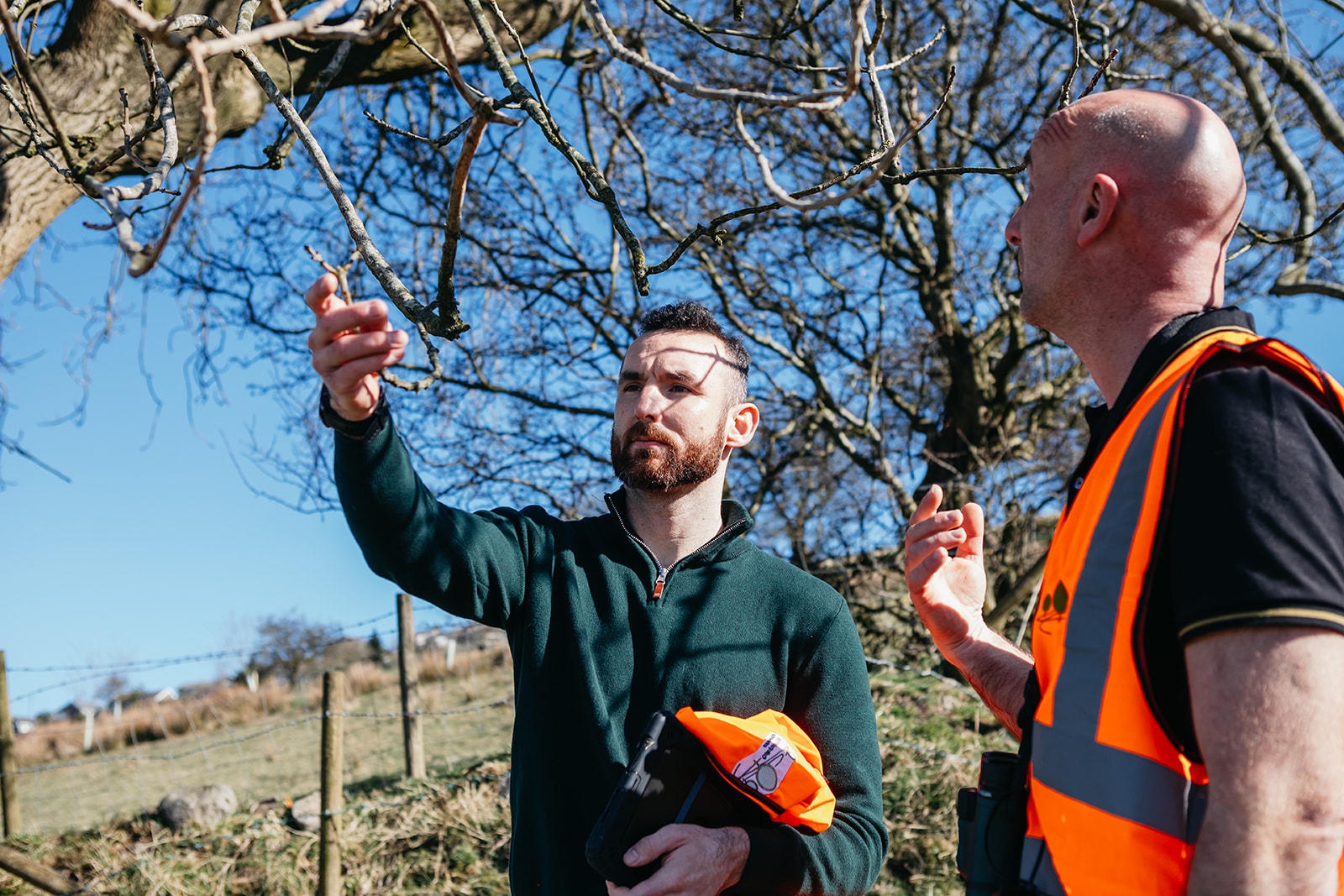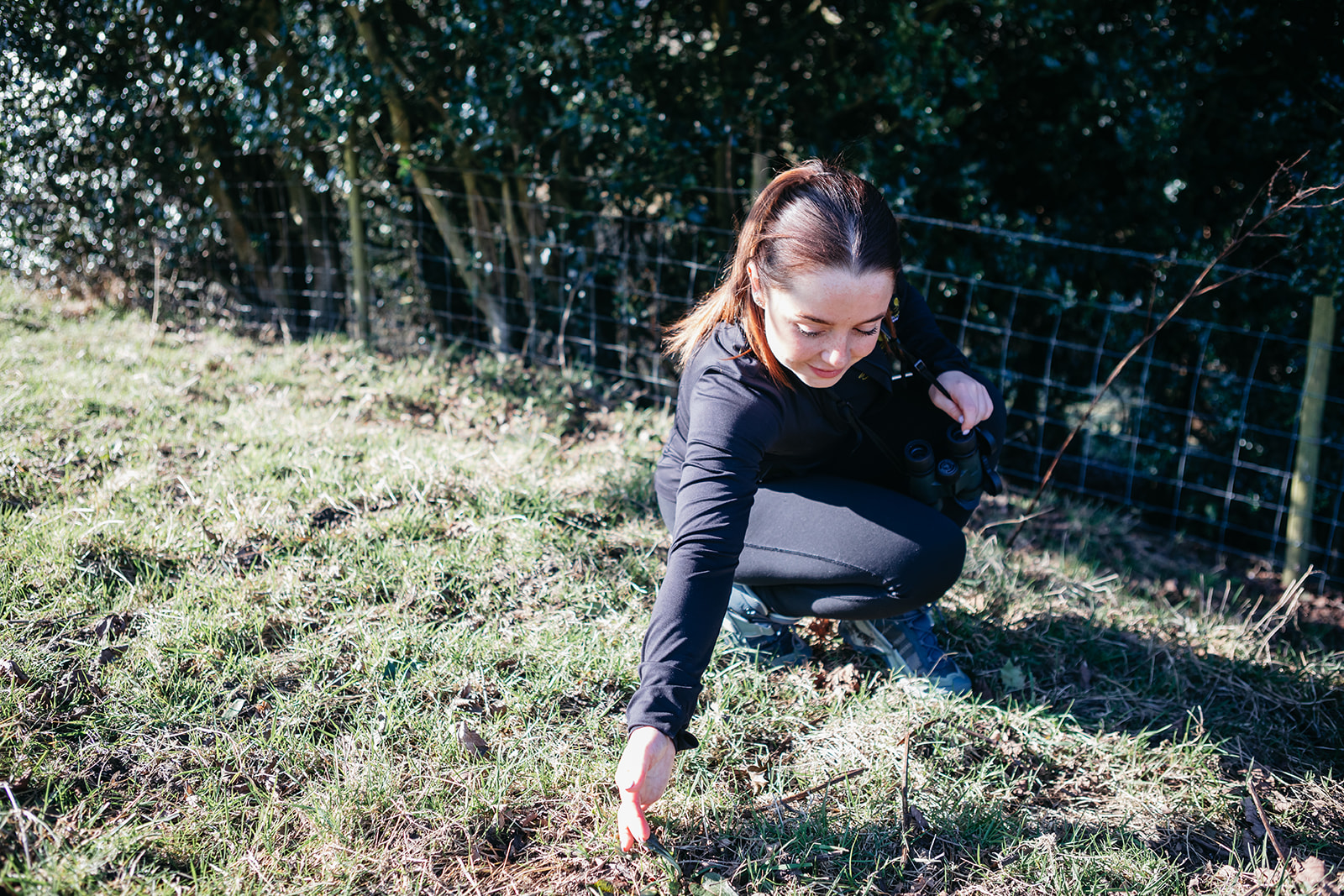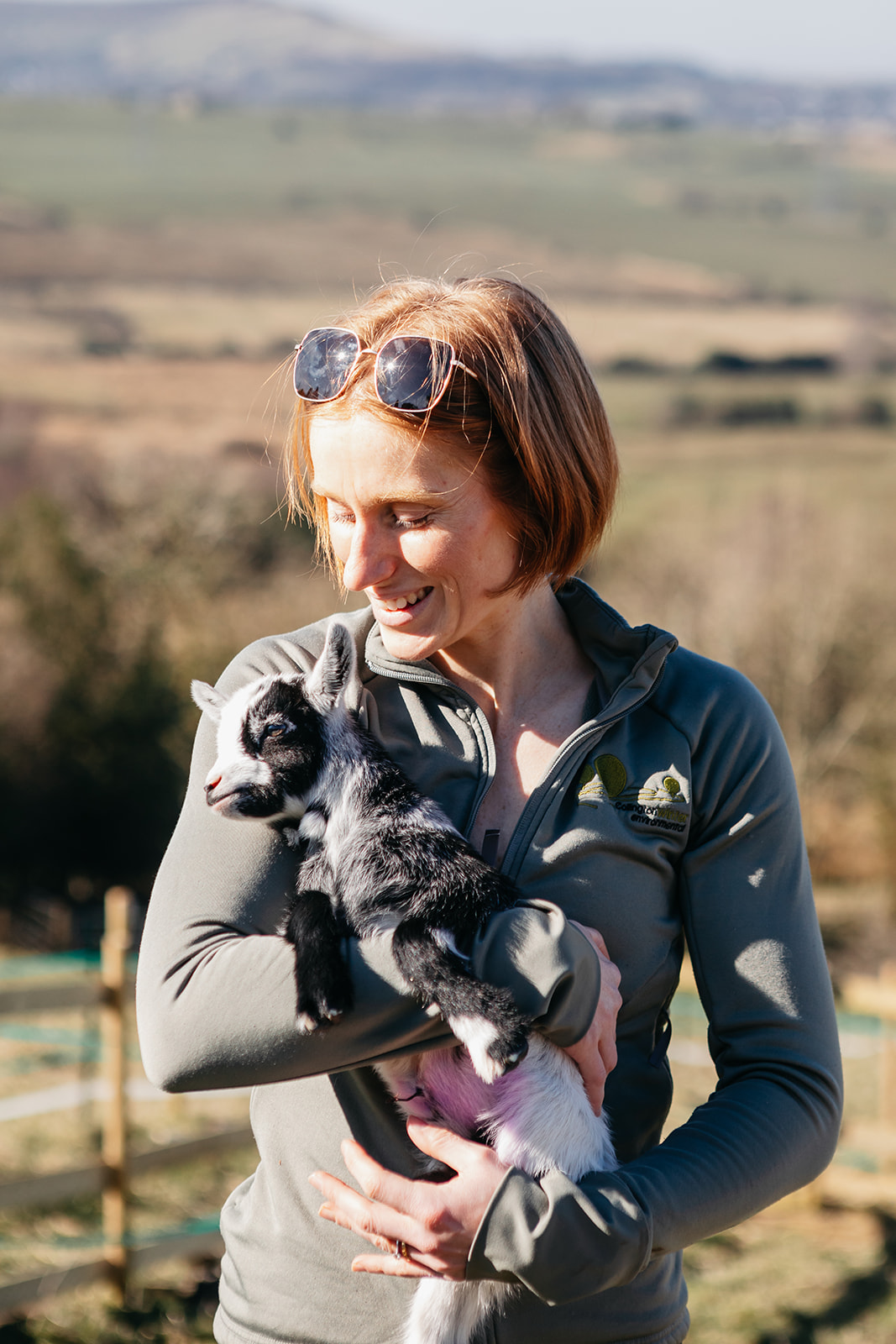Farm Diversification: Make Use of Biodiversity Net Gain
What is Farm Diversification?
Farm Diversification is the practice of expanding the services or produce that a farm out puts beyond the traditional focus on agricultural practices. This way, a farm can generate additional income by making the most of the landscape, whether that’s through offering Biodiversity Net Gain units, supporting tourism, offering renewable energy or producing value-added products.
As traditional farming faces increasing economic pressures and changing market demands, many farmers in England and Wales are utilising farm diversification as a way of securing their livelihoods, protecting their income and future-proofing their businesses. Farm diversification involves branching out into new areas beyond conventional agriculture, offering opportunities to generate additional income, make better use of land and resources, and engage with local communities.
Popular strategies to diversify a farm’s stream of income and increase sustainability include:
- Agritourism: Offering farm stays and glamping;
- Renewable energy installations: Popular methods include solar, wind, and biomass;
- Direct-to-consumer sales: This could take the form of farm shops and subscription boxes for fresh produce;
- Offering activity workshops: Such as cheese making alongside other artisan goods.
In particular, farmers can diversify their income with the increasingly relevant subject of Biodiversity Net Gain practices, which are in alignment with England’s Biodiversity Net Gain (BNG) policy. Under this approach, farmers can generate income by allocating parts of their land to support biodiversity improvements and encourage local nature habitats to thrive.
What is Biodiversity Net Gain?
Biodiversity Net Gain is a mandatory government policy in England that requires developers to leave the natural environment in a measurably better state than it was before their projects began. This policy presents a unique opportunity for farmers to diversify their income by offering land for ecological enhancements.
By creating habitats such as wildflower meadows, native woodlands, or restored wetlands, farmers can generate biodiversity units, which can then be sold to developers needing to meet BNG requirements. In doing so, farmers not only support environmental restoration but also access a new and growing income stream tied to sustainable land management.
Local planning authorities are increasingly requiring Biodiversity Net Gain (BNG) assessments as part of the planning application process. These assessments aim to clearly demonstrate how a proposed development will deliver measurable improvements to biodiversity.
In many cases, BNG is not only a policy expectation but also a formal planning condition, meaning it can play a pivotal role in whether planning permission is granted. As a result, the demand for off-site biodiversity units, often supplied by landowners and farmers, is growing and creating new opportunities for farms to contribute to sustainable development while benefiting financially.
The benefits of choosing BNG to diversify your farm
Choosing Biodiversity Net Gain (BNG) as a method to diversify farm income offers several key benefits for landowners and farmers:
A diversified Income Stream – As a singular BNG commitment is required to be sustained for at least 30 years, BNG provides a long-term source of income through the sale of units to developers. This is often done through multi-year agreements or conservation contracts, offering more financial stability than some traditional farming activities.
Low-impact Land Use – Creating or enhancing habitats such as wetlands, meadows or woodlands can be less intensive than conventional farming, making use of less productive or unused land without impacting core agricultural operations.
Support of Environmental Stewardship – Participating in BNG contributes to national and local biodiversity goals, helping to restore ecosystems, support native wildlife, and improve overall landscape resilience.
Benefit from Policy – With BNG already a mandatory requirement in planning law, demand for biodiversity units is expected to rise steadily, positioning farmers as key suppliers in a growing market.
Enhanced Public Image and Access to Grants – Farmers and landowners who make use of BNG as an income stream can experience an improvement in public profile. This may also open doors to additional funding opportunities, Including government grants and environmental stewardship schemes.
Long-Term Benefit to the Land – Land that experiences an improvement in biodiversity often reaps benefits such as richer soil, improved water quality, and greater nutrient cycles, which enhances its environmental value. In some cases, farmlands’ long-term market value or sustainability for future conservation-focused initiatives will also improve.
BNG not only supports nature recovery but also offers a forward-thinking, profitable way for farmers to diversify their business in partnership with developers for an environmentally responsible future.
Why Choose Collington Winter?
At our core, we understand the pressures faced by farmers nationwide. Our Ecology Director, Olivia Collington, runs her own smallholding and deeply appreciates the balance between maintaining a viable business and caring for the land. That’s why we are committed to helping farmers unlock the full potential of Biodiversity Net Gain as a smart, sustainable way to diversify their income.
With hands-on experience and specialist planning expertise, we guide you through every step – from identifying suitable land to connecting with developers – ensuring your farm benefits financially while supporting vital environmental goals. We don’t just offer a service; we offer a partnership built on shared values, practical insight and a genuine respect for the land you work upon.
Whether you’re looking to meet planning requirements, create long-term habitat banks, or enhance the potential income stream from your land, our tailored approach ensures maximum benefit for your business and the environment.
How can Collington Winter Assist with Farm Diversification and BNG?
The ecology team at Collington Winter Environmental can help farmers and landowners unlock the potential of their land through Biodiversity Net Gain. Our expert-led services can offer a practical evaluation of land through site visits and assessments to better understand how it can be used to benefit farmers and landowners through BNG.
In addition, we can also help developers gain clarity on how BNG requirements may affect them and facilitate the provision of off-site units in collaboration with participating farmers or landowners.
For further information on how you can utilise your land to benefit both your business and the local habitats, contact us today by filling out our contact enquiry form located on this page. Alternatively, get in touch with one of our ecology consultants at info@collingtonwinter.co.uk, or call 01204939608 to start your farm diversification journey today.
Contact Us
Registered Address
23 Bark Street East, 1st Floor, Bolton, BL1 2BQ
Telephone
Bolton Office: 01204 939 608
Dumfries Office: 01387 378208





